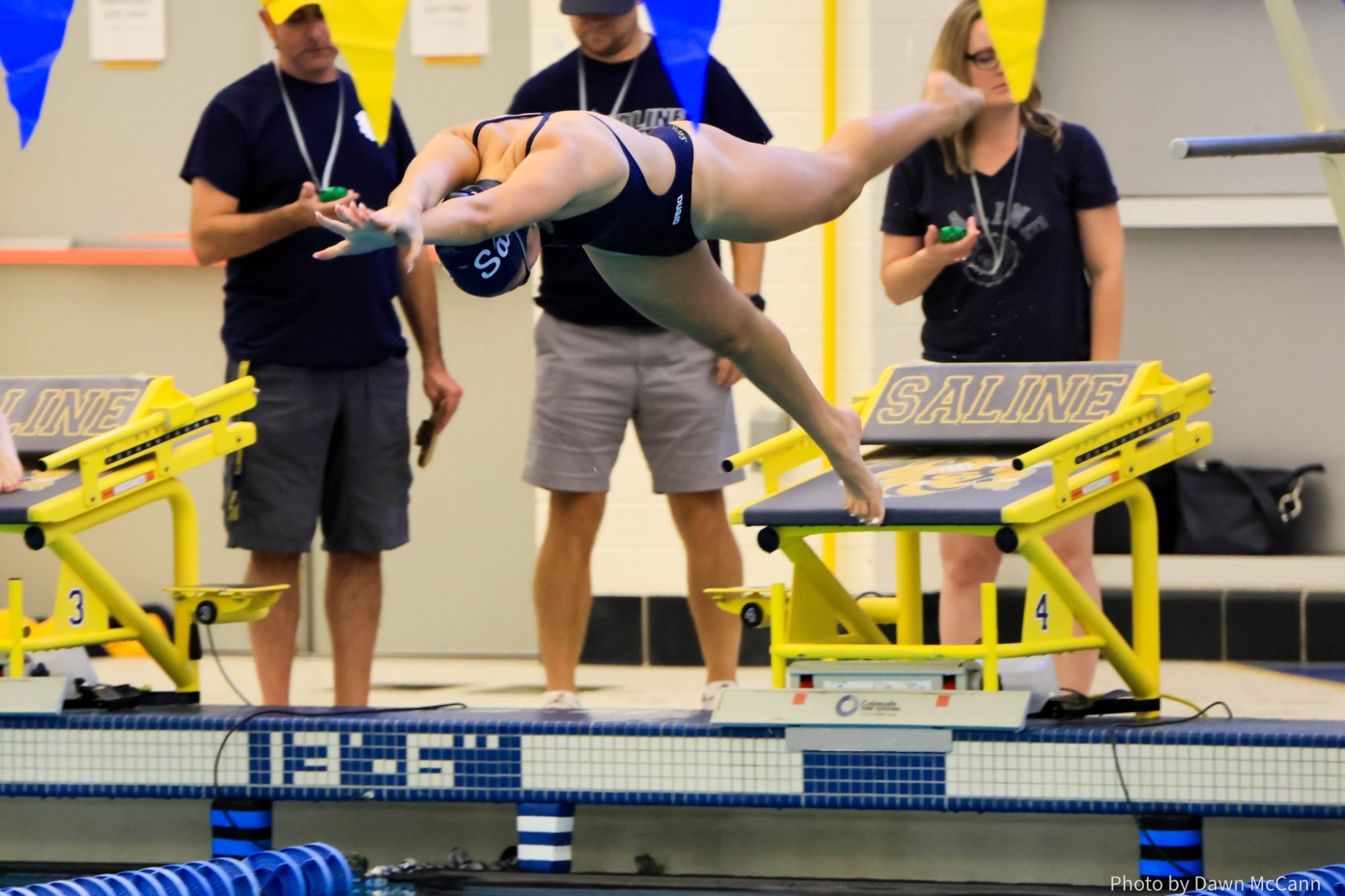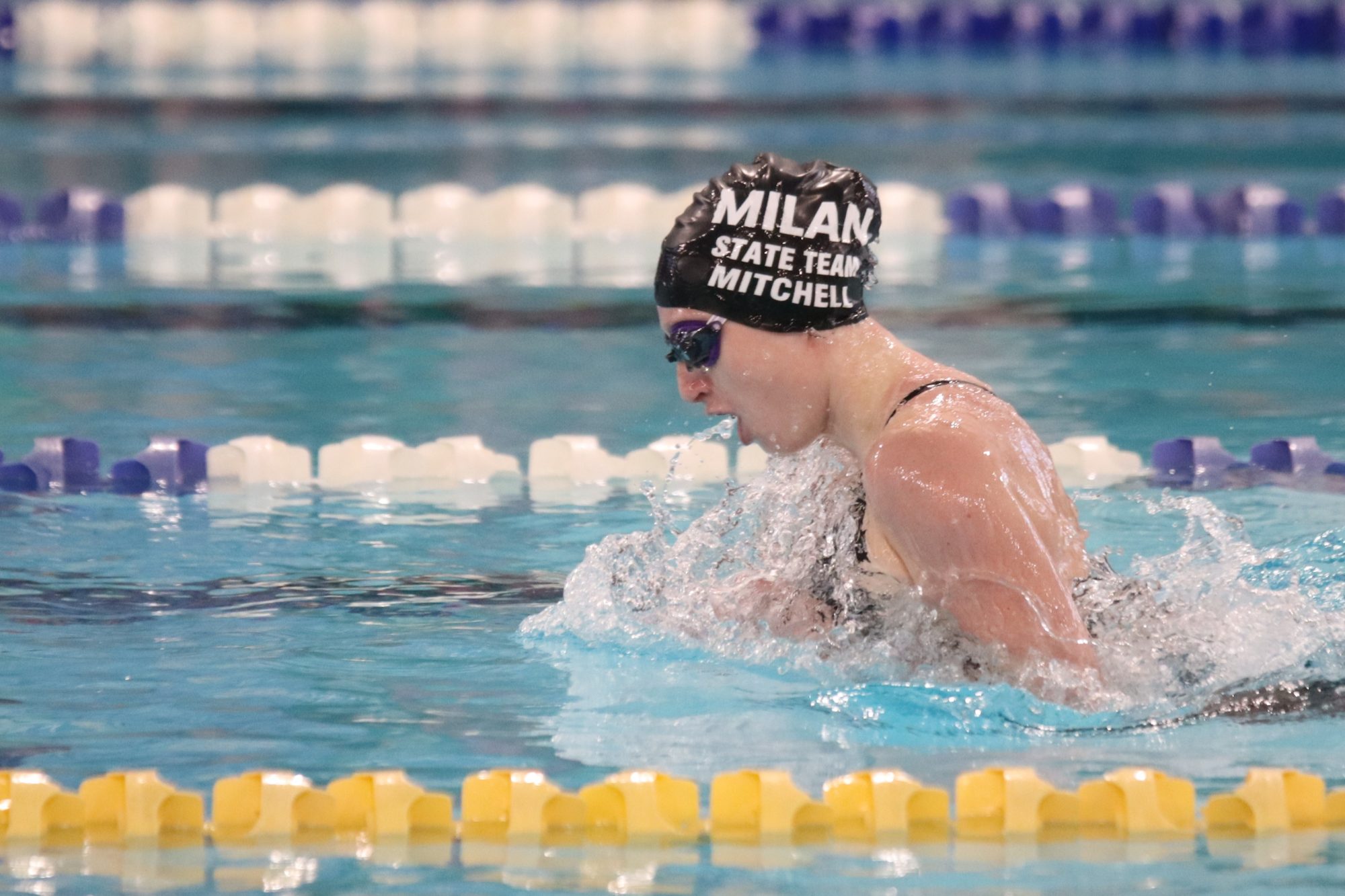Community News
The Michigan Celtic Festival (formerly the Saline Celtic Festival) will host the14th Annual Highland Dance Competition July 13 at the Washtenaw Farm Council Grounds in Ann Arbor — a premier, family friendly event offering trophies and cash prizes as well as full access to the Festival.
The competition will begin at 9 a.m. and run to completion. Registration is on the festival website at https://www.mi celtic.org and closes 11:45 p.m., July 7.
Karen Chevalier from Cottam, Ontario, Canada, will judge all of the Highland Dance Competition.
New this year is a Pre-Premier & Premier Solo Choreography Competition, in which dancers select their own music and create steps to design a unique dance.
“We’re offering four Challenge Events for each dancer to participate in, held in addition to the basic competitive dance events,” says chairperson Cindy Kopenski. “We also are including Most-Promising’ Dancer Events in Beginner, Novice and Intermediate categories. There are so many ways dancers can earn recognition!”
Each of these events is scored separately.
CeltDances include the Pas De Bas and High-Cuts; Fling; Sword Dance; Seann Trews; Lilt; Village Maid; Flora; and Earl of Errol.
Any questions, email Cindy Kopenski at [email protected]
A Brief Introduction to Highland Dance
The Highland Fling, the oldest of the traditional dances of Scotland, is a dance of joy performed at the end of a victorious battle, originally danced by male warriors over a targe, a small round shield. Most had a sharp steel spike projecting from the center, so dancers had to move with great skill and dexterity. Today, the Highland Fling is danced on the spot, with grouped fingers and upheld arms representing the antlers of a stag.
The Sword Dance (Gillie Callium), dating back to the days of Malcolm III, King of Scotland 1058 to 1093, began as a victory dance. One legend has it that after winning a duel, the king took his and his opponent’s sword, crossed them on the ground, and leapt jubilantly over them. Others say the Sword Dance was danced prior to a battle; to kick the swords was a bad omen and the soldier would expect to be wounded. If many kicked their swords, the clan chieftain would expect to lose the battle. The sword dance is very difficult and requires tremendous skill and dexterity.
Prince Charlie—lost to the English Redcoats at the Battle of Culloden. The defeated Highlanders were then forbidden to wear kilts. The dance celebrates the 1782 Act of Proscription repeal that restored the right to wear kilts and play bagpipes, and depicts shaking and shedding trousers and returning to the freedom of the kilt.
The Earl Of Erroll is danced to two slow reels, Earl of Erroll and the 23rd Countess of Erroll. It is based on an 18th-century percussive hard shoe footwork, although today’s dancers perform it in soft Ghillies. It is considered one of the hardest national dances to perform well.
The Village Maid is a flirtatious dance allegedly first performed on a table by a young serving woman in a pub. The steps are flowing and graceful in nature. Unlike most Highland dances, it involves very little hopping, and requires the dancer to step on the flat foot.
Flora is a dance performed in honor of Flora MacDonald, who helped Bonnie Prince Charlie escape following the 1746 massacre at Culloden. Legend has it she danced this for him high on a hill as his boat set sail for France.
The Scottish Lilt is a graceful, ballet-like dance that celebrates the Scottish life and heritage.
FAST FESTIVAL FACTS
Location: Washtenaw Farm Council Grounds, 5055 Ann Arbor-Saline Rd., Ann Arbor MI 48103
Festival Friday July 12: 5 p.m.-midnight: adults $8 at the gate, ages 17 and under free. Saturday, July 13: 10 a.m.-midnight: $15 advance (advance sales end June 30), $18 at gate; ages 65+ $8 advance, $10 at gate; ages 6-17 $5; free age 5 and under, and active military; group packages available. Ample onsite free parking.
Visit https://www.mi-celtic.org and also Facebook.
Volunteers welcome—get free passes and be entered into drawings for $50 gift cards. Sign up on the website or email [email protected].



 8123 Main St Suite 200 Dexter, MI 48130
8123 Main St Suite 200 Dexter, MI 48130


